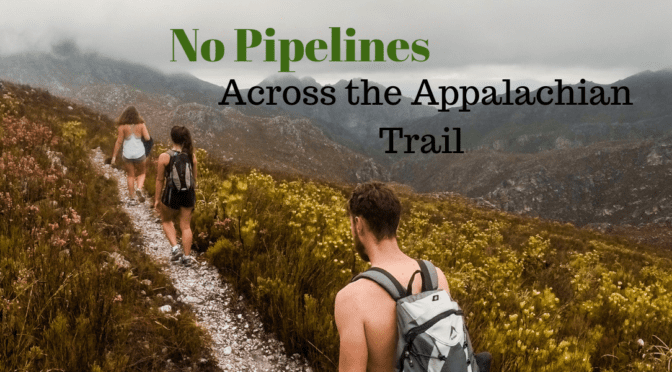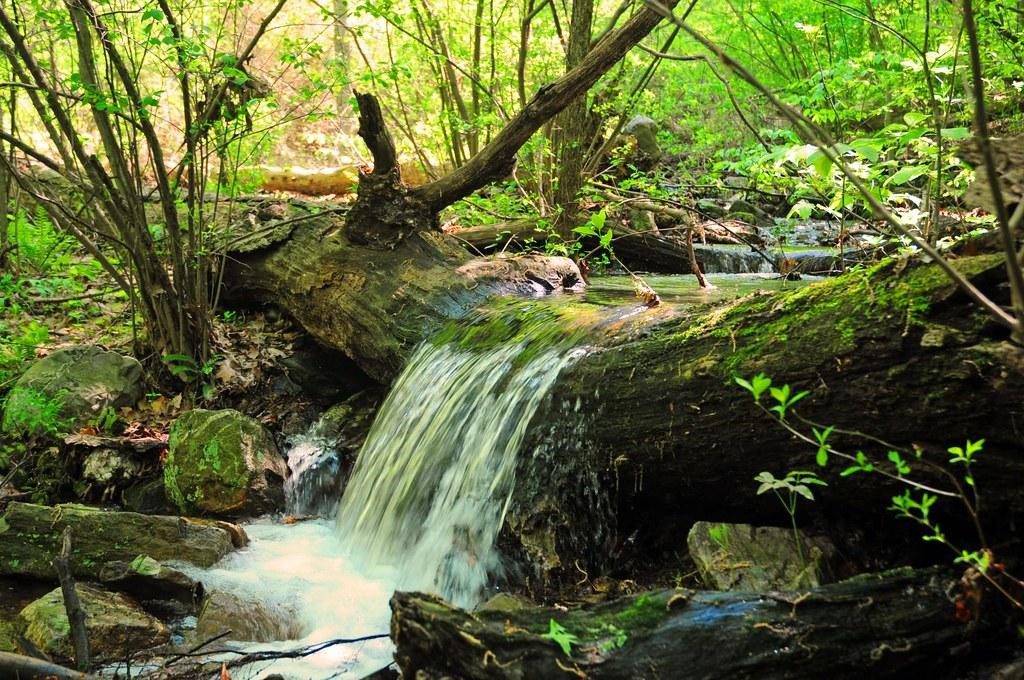
Pipeline Updates: Where Do We Stand?
By Julia Travers
The efforts to stop the proposed Atlantic Coast and Mountain Valley Pipelines (ACP and MVP) have made enormous progress over the last few years, with Wild Virginia and its allies playing central roles. These unneeded pipelines directly threaten local drinking water, homes, endangered species’ habitats, parks, economies and other vital interconnected systems and attributes of the Southeast. The passionate movement-building, legal prowess and conviction of Wild Virginia, its partners and concerned community members have produced incredible results, and these advocates are far from finished.
Legal Victories
In 2018, Wild Virginia and our allies won suits against the U.S. Forest Service, striking approvals for both ACP and MVP. A court found the Forest Service failed in its duty to protect our natural treasures. As the Forest Service returns to the drawing board, Wild Virginia and other committed groups will continue to fight for adequate reviews and rejections of crossings of the national forests.
One of the most important wins of this saga was the courts’ decision that the Forest Service cannot permit crossings of the Appalachian Trail — this could potentially be an insurmountable barrier for both pipelines.

Also, Army Corps of Engineers approvals for ACP and MVP to cross wetlands and streams are now invalid or suspended. And, the courts struck the U.S. Fish and Wildlife Service permit. A citizen challenge centering on potential harm to endangered and threatened species played a major role in this decision. The Service issued another flawed permit, and citizens again challenged that action. The federal court is currently deciding whether the agency has failed to carry out its duties, once again.
Current News and What You Can Do
“On the ACP, the goal is simple. Construction is now stopped, and we intend that it never start again and that as much of the damage already caused be repaired,” Wild Virginia Conservation Director David Sligh says.
The MVP has been allowed to continue its destruction of areas “upland,” even though work on other parts of the route are prohibited. Wild Virginia is leading coordinated efforts by attorneys from nearly a dozen organizations to push for strong enforcement actions, with a goal to stop MVP’s violations and halt the project.
“On the MVP, we need the Virginia State Water Control Board to intervene in our case before the Federal Energy Regulatory Commission and support our call for the federal authorization to be revoked or suspended. We also want to see the Virginia lawsuit against MVP result in a corrective action plan and substantial penalties that will be a true deterrent to future bad behavior,” Sligh says.
Sligh says the best action for concerned community members to take right now is to sign the “online petition to tell our Senators to stop Dominion from getting a special deal and being allowed to mar amazing public resources like the Appalachian Trail and Blue Ridge Parkway.”